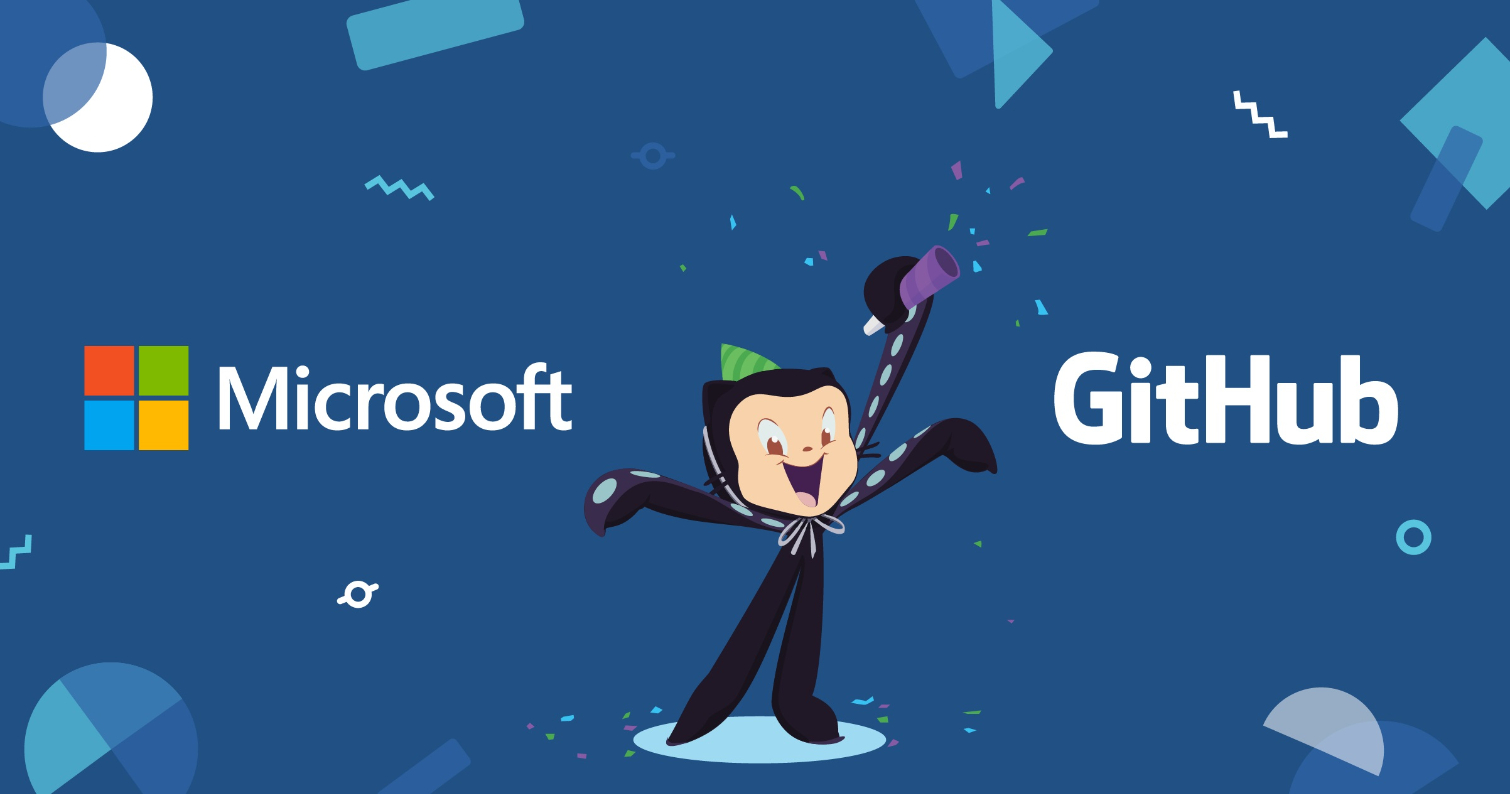Microsoft Agrees To Acquire GitHub For $7.5 Billion
Get Tom's Hardware's best news and in-depth reviews, straight to your inbox.
You are now subscribed
Your newsletter sign-up was successful
Microsoft announced that it has agreed to acquire the GitHub software development platform for $7.5 billion in stock. The deal is expected to close by the end of the year, subject to regulatory approval, and Microsoft said that GitHub will continue to operate independently.
Many developers use GitHub to handle version control for their projects, to collaborate with other people, and in some cases to distribute their software directly to their users. Buying the company will help Microsoft become a central part of many software developers' lives without requiring it to introduce new products or features of its own. One simple--and costly--acquisition can have a big impact on the entire industry.
Of course, being so essential to many developers' workflows means that any slight change to GitHub (let alone drastic ones) could alienate much of the platform's user base. It's no wonder, then, that Microsoft and GitHub were both quick to assure the platform's users that nothing will change in the near term as a result of this acquisition. Microsoft explained how it plans to manage GitHub in its press release:
"GitHub will retain its developer-first ethos and will operate independently to provide an open platform for all developers in all industries. Developers will continue to be able to use the programming languages, tools, and operating systems of their choice for their projects — and will still be able to deploy their code to any operating system, any cloud, and any device."
This is just the latest of Microsoft's efforts to connect with the developer community. The company acquired Xamarin, a cross-platform development tool, in 2016 to help devs target multiple platforms with their software. It's also steadily improved the Microsoft Visual Studio integrated development environment (IDE) and hosts the annual Build conference to acquaint developers with upcoming Windows features.
Now the company will own the largest software development platform in the world. Microsoft said that GitHub is used around the world by developers from more than 1.5 million organizations in the tech, healthcare, and retail sectors, among others. The company expects GitHub to start contributing revenues to its Intelligent Cloud segment on a non-GAAP basis by 2020, roughly one year after the deal closes.
Get Tom's Hardware's best news and in-depth reviews, straight to your inbox.

Nathaniel Mott is a freelance news and features writer for Tom's Hardware US, covering breaking news, security, and the silliest aspects of the tech industry.
-
therealduckofdeath Microsoft is already a top contributor at GitHub, which I guess is a little ironic considering all of their competitors are always beating their chest about how open source woke they are compared to Microsoft. :)Reply
I doubt Microsoft will make drastic changes to how the community works. -
Ilya__ I agree with you THEREALDUCKOFDEATH. I can't see how MS or whoever else can change the fact that I can share my code publicly. As long as I can commit my code for free I will keep using it, and I don't see that changing. They know that there are so many free Git alternative implementations out there already.Reply -
Ilya__ Hard to guess. But, if I must, I'd say they will probably offer their cloud services on the platform, sort of promote its Azure offerings. I can see "If you pay for Private Repos, you can now get $100 credit for MS Azure!" That sort of thing.Reply -
redgarl "Microsoft and GitHub were both quick to assure the platform's users that nothing will change in the near term as a result of this acquisition."Reply
Notice the NEAR... it is just a matter of time before MS do MS stuff. -
mrmez Yeah, gotta be some way of making money off that, whether it's ads, tiered pricing or better access to data mining. Given W10, I'd say the latter.Reply -
bit_user Reply
I was going to point out the recent parade of high-profile projects moving from github to gitlab. I wonder if they had any sense this was coming.21028215 said:Most of the developers are planning to switch to either Gitlab or Bitbucket.
That was my first thought... but now I'm starting to think about all of the IP they can now access. For one thing, they can mine data about millions of programmers, how they collaborate, who's most prolific, who writes the best code, etc. and can sell access to this data to employers and recruiters.21028215 said:Github appears to be a strategic fit for Microsoft. But isn’t the purchase price too high?
Another possible revenue stream would be to offer legal services to open source projects to sue companies infringing their license terms. If they pair this with a Black Duck-like ability to detect infringing code, they have a potential gold mine on their hands. -
mihen Now all GitHub developments automatically creates a Windows Universal App if the developer ever decides they wish to support the platform. Only way Microsoft can make it easier for Developers to develop on their platform.Reply
